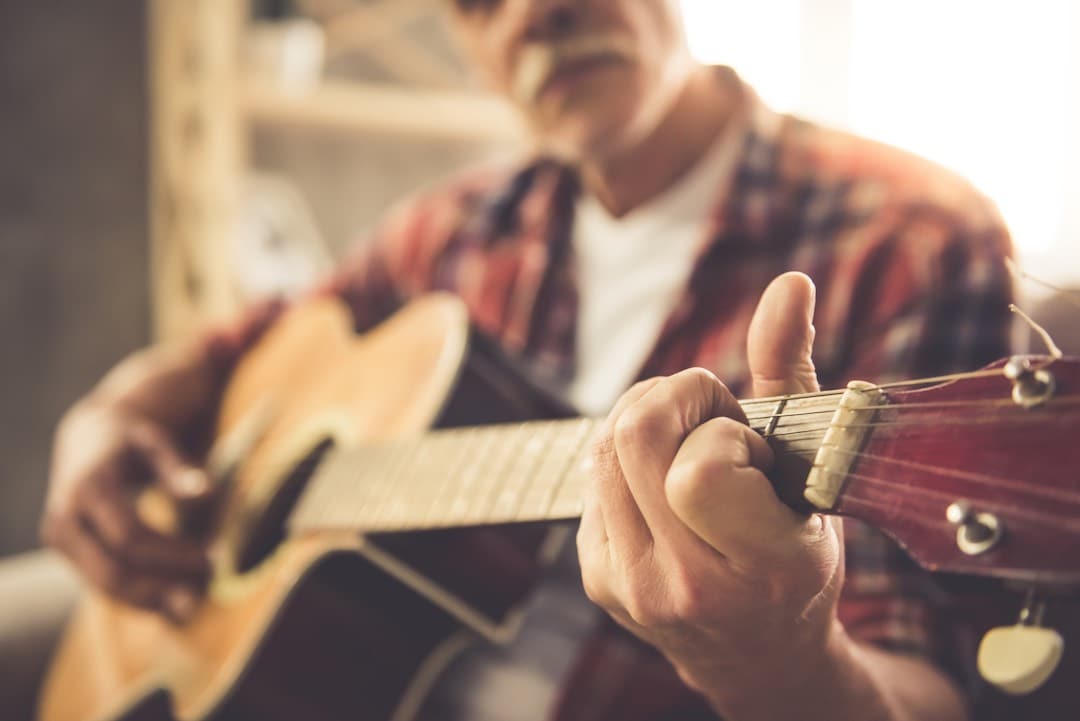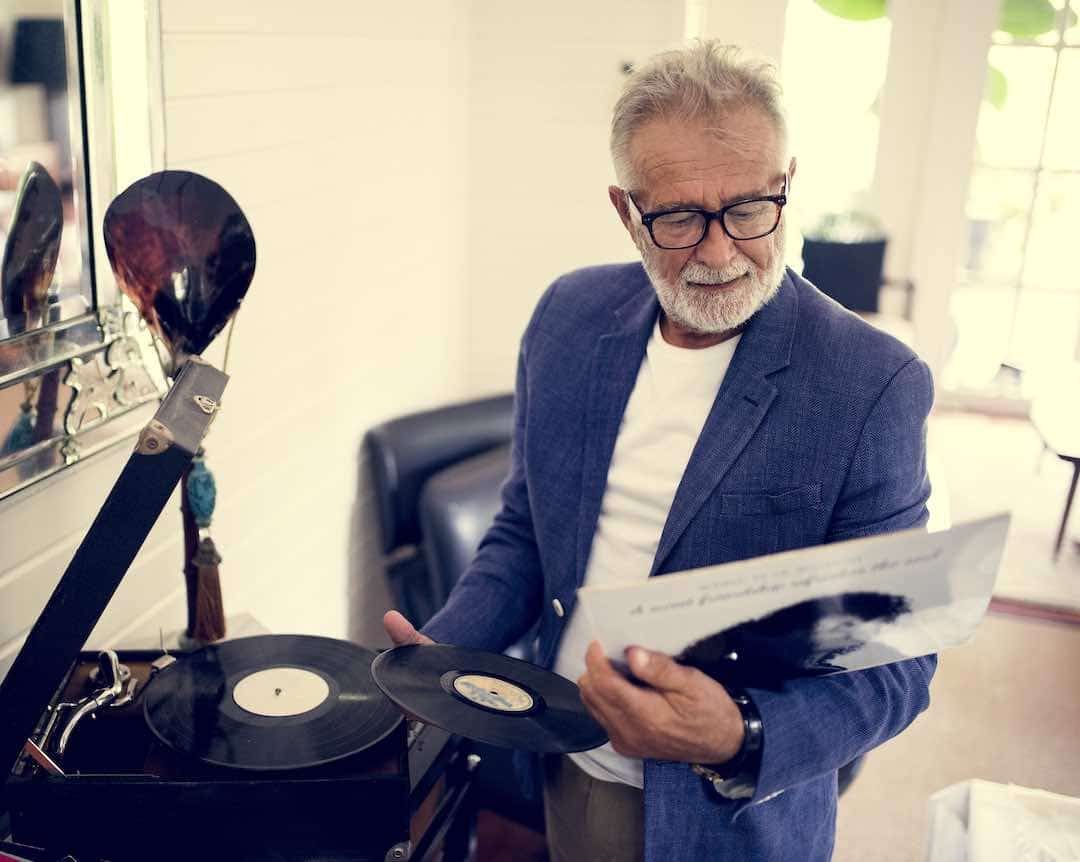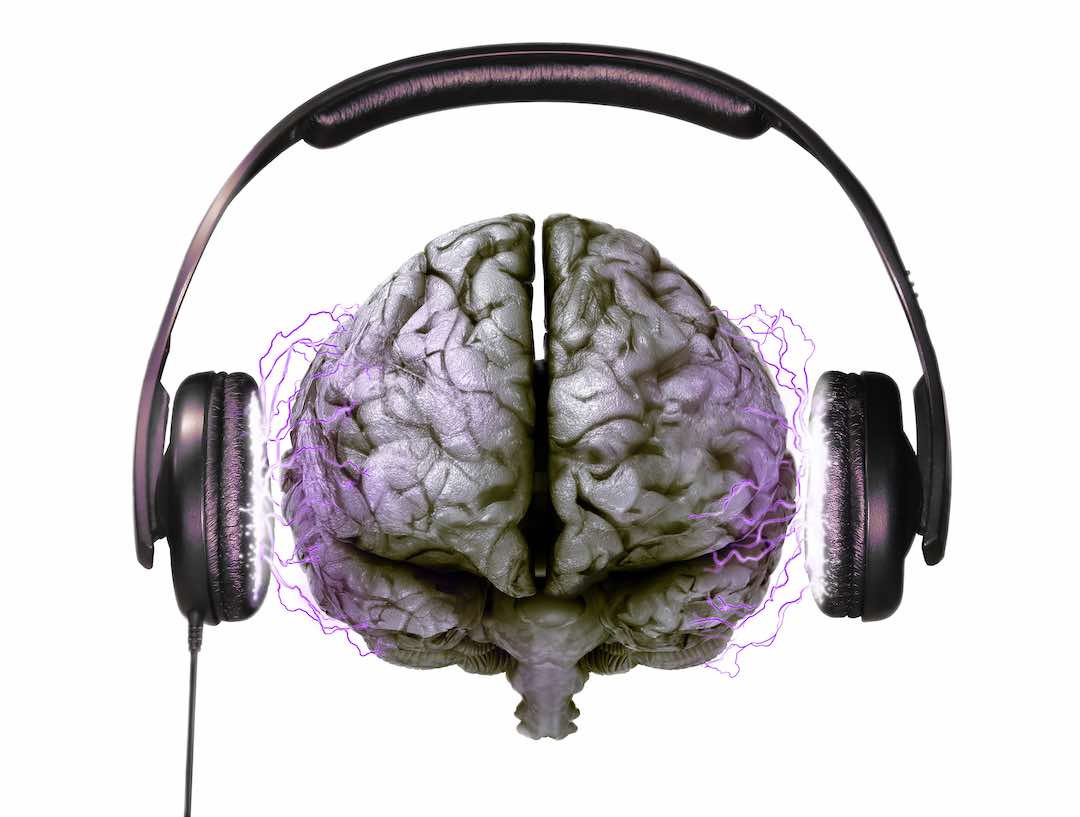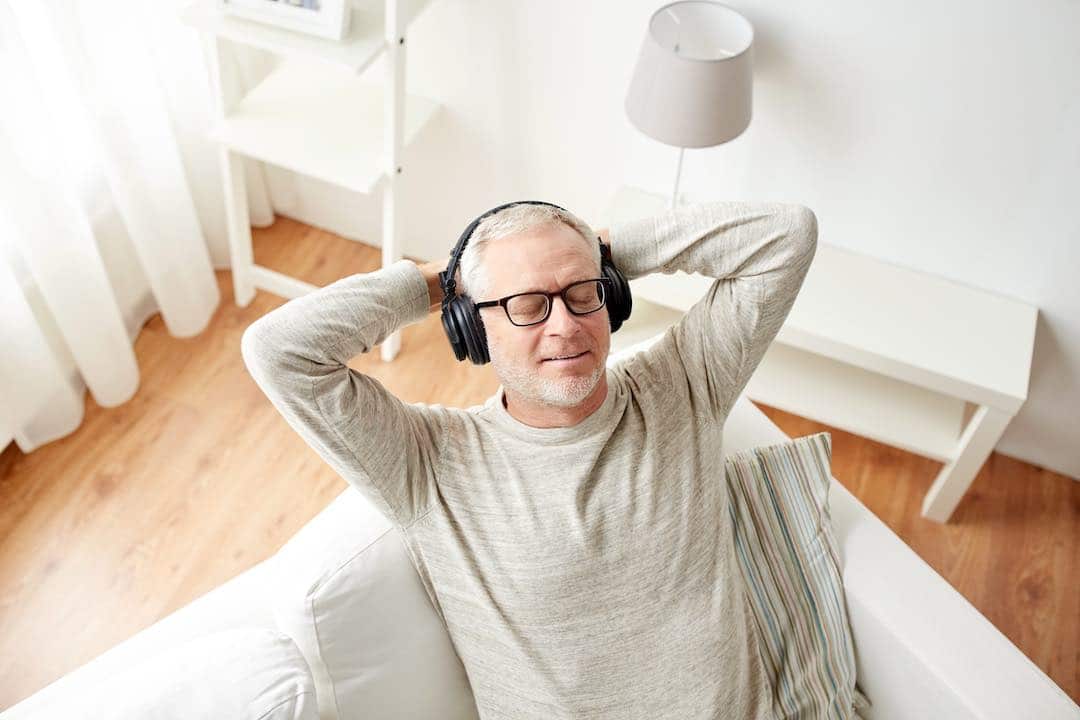Is there such a thing as the healing power of music? I’m going out on a limb here, but I’m pretty sure we’ve all had the same experience of hearing a song that transports us back in time to an event, or a person, or just a feeling. Perhaps it’s a cherished Christmas hymn that takes you back to your childhood. Or a soft rock ballad that reminds you of your first love. Then there is the experience of hearing the lullaby that you used to sing to your children when they were very young, that takes you back to the early days of becoming a parent. And the list goes on and on.
Here is the thing about music: it transcends words and communicates on an emotional, physical, psychological, and even spiritual level like nothing else can. Science is just beginning to study the dramatic impact of music on our well-being, and the transformative power that it holds. In fact, music has the ability to bring about a special kind of healing and a sense of normalcy, even to people who have lost everything else.
Pathway to Healing
One of the most promising areas of music research today is with people who have cognitive as well as physical challenges. While using music as a therapeutic tool is nothing new, current studies have shown that participating in music can promote wellness in previously undiscovered ways. Researchers have found that music can:
- Relieve pain
- Reduce stress and anxiety
- Enhance memory
- Support physical rehabilitation
- Facilitate communication
- Alleviate depression
Music therapy is used with patients who suffer from mild to serious conditions. It can help with something as minor as a headache, all the way up to helping with people on the autism spectrum, and even those with neurodegenerative diseases.
Alzheimer’s Disease
With age, all humans experience a normal shrinking of the brain. We laugh it off when we can’t recall something, calling it a “senior moment.” But Alzheimer’s is different. With this disease, there is widespread damage to the neurons in the brain, causing many lost connections and cellular death. It affects memory, language, reasoning, and social behavior, ultimately causing a person to lose their ability to function independently.
Remarkably, however, there is one portion of the brain that is spared from the progression of Alzheimer’s Disease: the so-called “salience network.” This area of the brain is responsible for determining if incoming sensory information (e.g., sights, sounds, smells, etc.) is personally relevant (salient), and therefore is key in directing our behavior. The more salient something is, the more it drives us to take action. The good news is that this region remains relatively functional, even in patients with advanced Alzheimer’s or dementia.
Music can tap into this salience network, offering a new approach to caring for patients. But not just any music. To be effective, the music needs to be personalized to the individual person, i.e., salient to them. And when that type of individualized music is played, dementia patients come alive, with even neighboring regions of the brain becoming activated. Music becomes an anchor that grounds the patient back into reality.
Can Music Save a Life?
According to Norman Foster, MD, Director of the Center for Alzheimer’s Care and Imaging Research, personally meaningful music is an alternative route for communicating with patients who are losing contact with their environment. Music lights up all of our brain, and it’s really, really good for us. Music can evoke emotion in even the most advanced cases of Alzheimer’s. Emotions bring back memories. And these memories bring back a feeling of life that no other therapy has been able to do.
Robin Spielber, contemporary pianist and composer, relates a story of playing her piano music at a Nursing Home. There she encountered a man who had not spoken a word to anyone in over six months. He had shut himself off completely from his family. As she played “Moon River,” she could hear him singing along in the background. Later the staff told her that Moon River had been his wedding song. And when she played it, it brought him back to life. He even asked for his family to visit with him, after months of isolation and silence.
Music as Medicine
Doctors are now prescribing music to treat a wide variety of illnesses and conditions, as they might a pill or patch. Music is now being used as a therapeutic tool for:
- Hypertension – by listening to certain music with a repetitive rhythm for at least ten seconds, patients have experienced a decrease in blood pressure as well as a reduced heart rate.
- Stress and Depression – by listening to agreeable music, the brain produces the “feel good” hormone dopamine, leading to feelings of joy and bliss. Playing music has even greater benefits in reducing stress, and can help regulate your metabolism.
- Post-Traumatic Stress Disorder (PTSD) – veterans who learned to play music have experienced relief from their symptoms.
- Insomnia – called “music-assisted relaxation,” listening to music before and during sleep can aid people with chronic sleep disorders.
- Sleep Apnea – the British Medical Journal published a study showing how people with sleep apnea could find relief from their condition by practicing the didgeridoo (an Australian wind-instrument). By strengthening the muscles of the throat and tongue, patients had significant increases in the quality of sleep, and decreases in daytime tiredness.
- Alzheimer’s Disease – as already mentioned, music therapy can work wonders on patients with Alzheimer’s. Music improves mood, manages stress, simulates cognition, and helps patients with motor movements as well.
New research into the healing power of music is ongoing. Music can make us feel more connected, and no longer isolated in our own small worlds. Plus, it is now a scientifically validated intervention for multiple physical and mental conditions. So, what are you waiting for? Sing! Dance! Play! Or just listen. The benefits are awesome, and there are literally no side effects.
Carolyn is a lifelong learner, musician, author, world traveler, truth enthusiast, life optimizer, and all around bon vivant. Working for 32 years at the Southern California Gas Company, she retired early at 55 to pursue projects that brought her joy and personal fulfillment. She is a freelance author, a contract instructional designer, and has published two books while currently working on a third. She writes articles and blog posts on topics from politics to weight loss. She is a patron of the arts, and finds great joy in playing an instrument, singing, and/or listening to music every single day.










